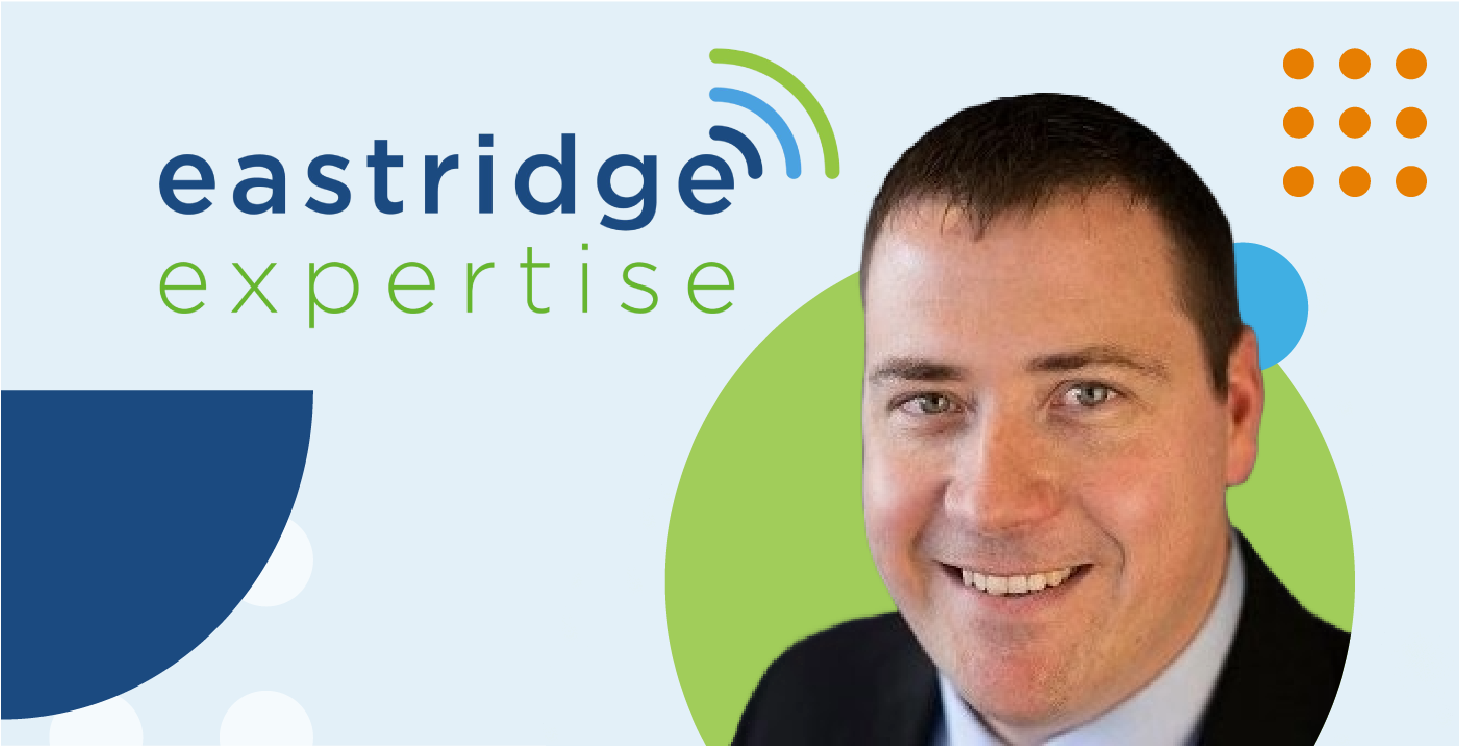Perspectives on Professional Recruiting in the Northeast

An Interview with Timothy Hart, Associate Branch Manager for Eastridge Massachusetts Branch
As Eastridge continues to expand into markets across the United States, it has tapped into local expertise that understands the nuances of different geographies. This aligns well with Eastridge’s strategy to adopt subject matter expertise in various fields and industries. In this Q&A, Timothy Hart provides an overview of some of the challenges in recruiting for professional roles in the Northeast and shares strategies to overcome them.
Your office is near Boston - how do you define this market?
The Northeast is a complex region, with a range of densely populated areas combined with many suburban manufacturing centers. For many of the professional and technical roles we recruit for, our clients are looking for a partner that can be flexible and adapt to their needs. That’s why our professional team works across the entire region, from New England down to the Tri-State area.
What is unique about the Northeast from an industry perspective?
You see a lot of smaller-scale but highly technical manufacturing in the Northeast, covering everything from pharmaceuticals and medical devices to aerospace and defense. So, there aren’t necessarily huge manufacturing centers like in other regions. However, there is a need for highly skilled professionals such as Engineers, Technicians, and Machinists.
What are some of the challenges companies face in the region?
Like everywhere, companies are facing higher wages and fewer candidates looking for work. The region has also experienced fluctuations in the growth of some industries, leading to a smaller talent pool for skilled professional positions. Additionally, candidates in this region tend to have different expectations regarding commuting times—they generally prefer shorter commutes compared to other areas of the U.S.
How do you help clients overcome these challenges?
We take a more targeted approach to recruiting. That’s why our professional group isn’t clustered around our office but works across the entire region. We need to be able to source candidates close to the needs of our clients. We also maintain a pool of potential candidates who aren’t necessarily actively looking for employment; these employed candidates may be a perfect fit for an opportunity. Lastly, we work with clients to identify and address gaps in their current model. Maybe a temp-to-perm strategy would be better to test out candidates? Maybe an extended workforce model is more appropriate for some positions? It’s important to have the right workforce model to attract and retain talent long-term, especially when the labor market is so tight.
What do you think is important for companies to look for in a staffing partner?
Knowing the region is crucial. We’ve been able to help clients find talent based on our deep knowledge of the market, which can be as specific as neighborhood by neighborhood. Additionally, having subject matter expertise in your industry or specialty is vital. This combination of subject matter expertise and geographic knowledge is important anywhere but is especially vital in the Northeast for a successful recruiting model. Finally, it’s important to look for a partnership approach—you need to understand the n
eeds of the recruiting organization and connect those needs to people with the necessary skills and talent. Often, this isn’t captured in job boards or by every staffing agency.
Hear more from Tim's interview in the playlist below:
